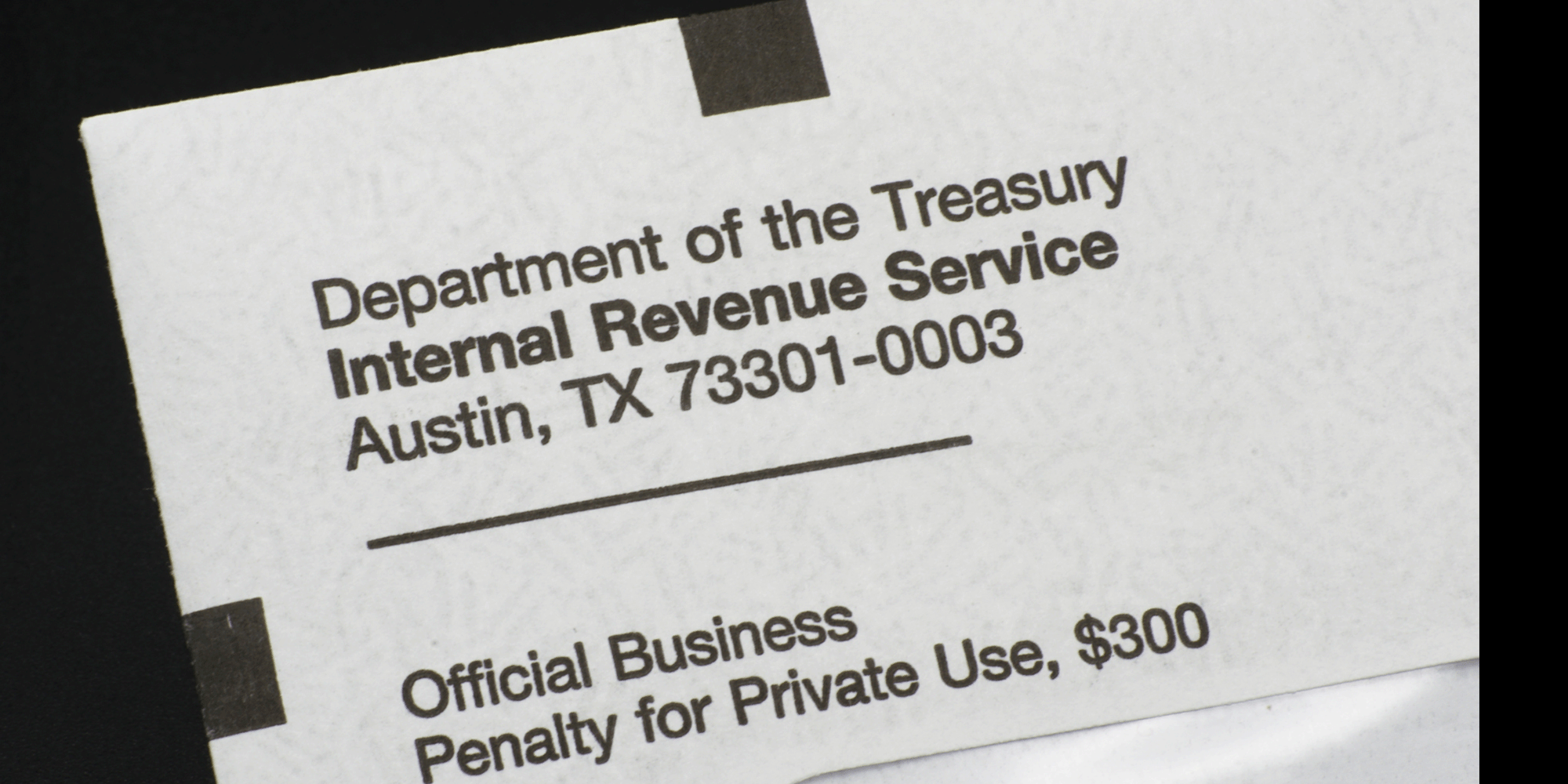6 Crucial Tips to Avoid an IRS Audit
Getting audited by the Internal Revenue Service (IRS) can be a stressful and time-consuming experience. To help you steer clear of this potential nightmare, I'm here to offer some valuable advice from my years of experience as an accountant. While there's no foolproof way to guarantee you'll never face an audit, following these six crucial tips will significantly reduce your chances and ensure you maintain a worry-free financial life.
1. Keep Accurate Records
The foundation of any tax return is accurate record-keeping. It's essential to maintain well-organized financial records, including receipts, invoices, bank statements, and any other relevant documents. The more precise and comprehensive your records, the easier it is to prepare an accurate tax return. If your records are incomplete or inaccurate, it could raise red flags for the IRS and increase the likelihood of an audit.
2. Report All Income
One of the most common triggers for an IRS audit is failing to report all your income. This can happen when you have multiple sources of income, such as self-employment income, rental income, or investment earnings. Make sure to report every dollar you earn, as the IRS receives copies of your income statements from various sources, such as employers and financial institutions. Failure to report income discrepancies can lead to an audit, so be diligent and transparent in your reporting.
3. Choose a Reputable Tax Professional
Having a qualified tax professional by your side can be a game-changer when it comes to avoiding IRS audits. A seasoned accountant or tax preparer can help you navigate complex tax laws, identify potential red flags, and ensure your returns are filed correctly. They can also provide valuable advice on legitimate deductions and credits to reduce your tax liability without raising suspicion.
4. Be Cautious with Deductions
While it's essential to take advantage of legitimate deductions and credits, excessive or questionable deductions can attract the IRS's attention. Be cautious when claiming deductions, and ensure you have proper documentation to support each claim. Common deductions to be mindful of include home office expenses, vehicle expenses, and meal and entertainment expenses. Keep detailed records and consult with a tax professional to determine what you can legitimately deduct.
5. Maintain Consistency in Your Returns
Consistency in your tax returns is key to avoiding an IRS audit. Inconsistencies between your current return and previous years' returns can raise suspicions. For example, if your deductions, income sources, or business expenses vary significantly from year to year, it may trigger an audit. It's important to provide a clear and logical explanation for any changes, and ensure they are well-documented.
6. Timely Filing and Payment
Meeting tax deadlines is crucial for staying off the IRS's radar. Filing your tax return on time and paying any taxes owed promptly reduces the likelihood of an audit. Late filings and unpaid taxes can result in penalties and interest charges, making you a more attractive target for IRS scrutiny. If you're unable to pay your taxes in full, consider setting up a payment plan with the IRS to avoid additional penalties.
Avoiding an IRS audit is within your control by following these crucial tips. By keeping meticulous records, reporting all income, seeking professional help, being cautious with deductions, maintaining consistency, and meeting tax deadlines, you can significantly reduce the risk of an audit. Remember that the IRS conducts audits to ensure tax compliance, so staying transparent and accountable in your financial affairs is the key to a worry-free tax season. Always consult with a qualified tax professional to ensure your tax returns are accurate and in compliance with current tax laws. With proper planning and attention to detail, you can protect yourself from the stress and hassle of an IRS audit and enjoy peace of mind in your financial life.
Morris and Associates are experts when it comes to finding tax relief. We specialize in help individuals and companies find tax relief in Georgia, but can help no matter where you live. If you need help with back taxes or simply communicating with the IRS and finding the answers you need, contact us for help!
Posts by Tag
- tax problems (49)
- tax services (41)
- How the IRS Works (40)
- Resolving tax debt (38)
- Offer in Compromise (17)
- Tax News (14)
- 2023 Taxes (12)
- filing deadline (7)
- Tax Relief (6)
- Tax Preparation (5)
- 2020 taxes (4)
- Tax Advice (4)
- Avoiding an Audit (3)
- IRS Final Notice (2)
- Save Money (2)
- Estate Planning (1)
- Prior year returns (1)
Recent Posts
Popular Posts
Where's My Refund?
Just wanted to give you a...
An Offer-in-Compromise (OIC) is an agreement...
IRS IS CRACKING DOWN
The IRS has made it...

